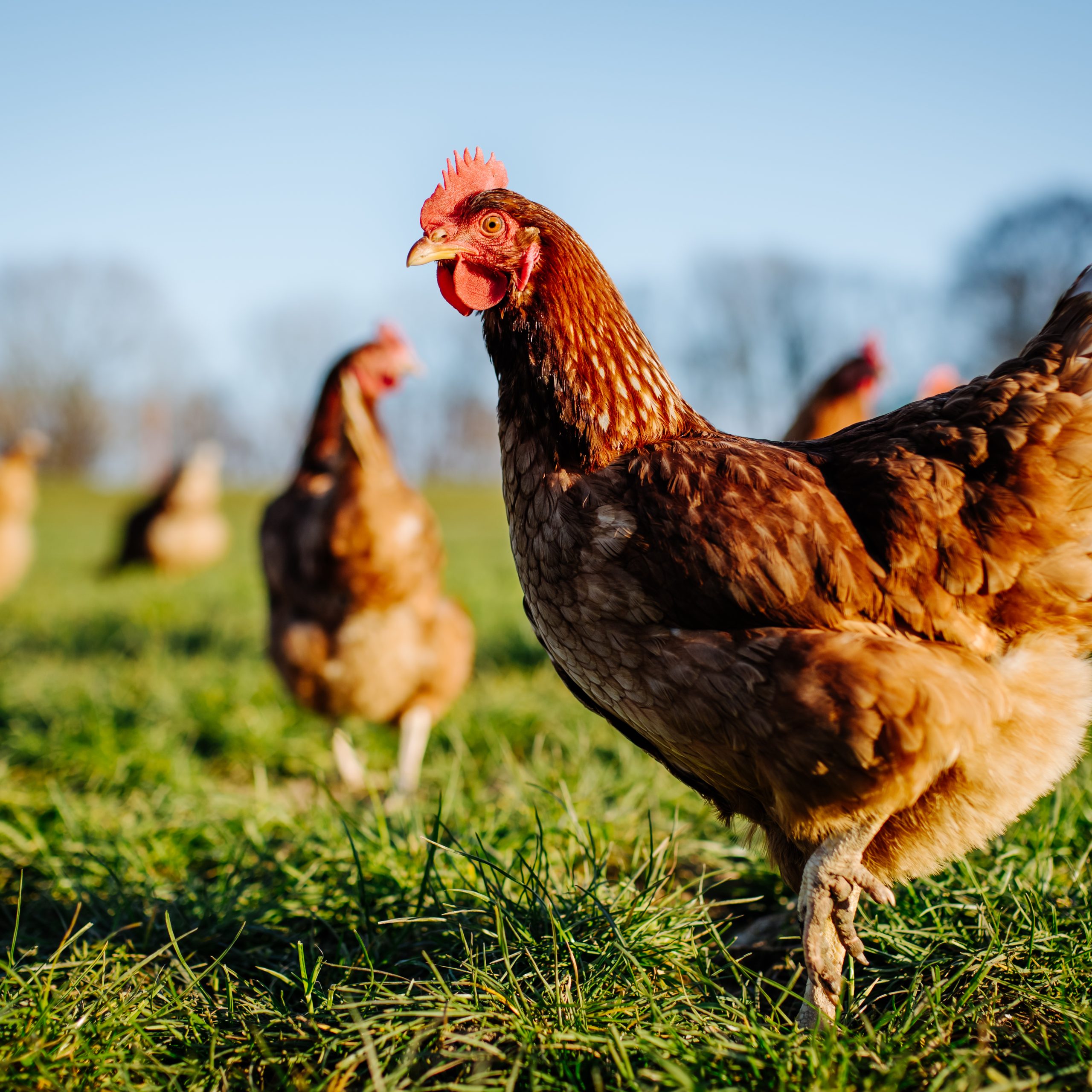Pakistan plans to advance local soybean production

University of Agriculture Faisalabad (UAF) has convened a conference aimed at exploring the viability of commercial-scale soybean farming in Pakistan. This initiative seeks to mitigate the hefty annual import bill of soybeans, predominantly sourced from the USA and other countries, which currently stands at approximately $1.2 billion. At the conference, held at the Center for Advanced Studies in Agriculture and Food Security, experts underscored the need to foster soybean cultivation to decrease national dependency on imports. UAF has pledged to expand its outreach by establishing 1,000 demonstration and trial plots for high-yield soybean varieties across farmer fields in the current year, a significant increase from the 170 demonstration farms set up last year.
UAF Vice Chancellor Prof. Dr. Iqrar Ahmad Khan highlighted the global dynamics of soybean trade, noting China’s position as the world’s largest importer and the US as the top exporter. He pointed out Pakistan’s considerable expenditure on essential commodity imports, which totals around $10 billion annually, with half of this amount going towards edible oil imports. Prof. Khan advocated for soybean cultivation as a dual solution to the country’s economic and nutritional challenges, citing the potential reduction in edible oil imports and the improvement in dietary protein availability.
Addressing concerns related to genetically modified (GM) crops, Prof. Khan emphasized the need to dispel prevalent misconceptions within certain segments of society. He affirmed that the legal framework allows for the introduction of GM crops, including soybeans, and called for the removal of unjust barriers hindering their adoption.
Pro-Vice Chancellor and Dean of Agriculture Prof. Dr. Muhammad Sarwar Khan and Director of the Center for Advanced Studies Dr. Sultan Habib Ullah elaborated on UAF’s comprehensive strategy to promote soybean cultivation. They highlighted the university’s commitment to transferring cutting-edge technologies to farmers’ fields and conducting impactful research to bolster food security.
Dr. Zaheer Ahmed, shedding light on the technical aspects of soybean cultivation, revealed that the university is experimenting with 5,000 soybean lines to identify those best suited for Pakistan’s diverse environmental and soil conditions. He detailed the adaptability of soybeans to different seasons in Pakistan, including the potential for summer sowing in standing water, and projected yields exceeding 50 mounds per acre. Dr. Ahmed announced plans to incrementally involve ten farmers at each demonstration site annually, as part of UAF’s ongoing campaign to popularize soybean cultivation across the country.



